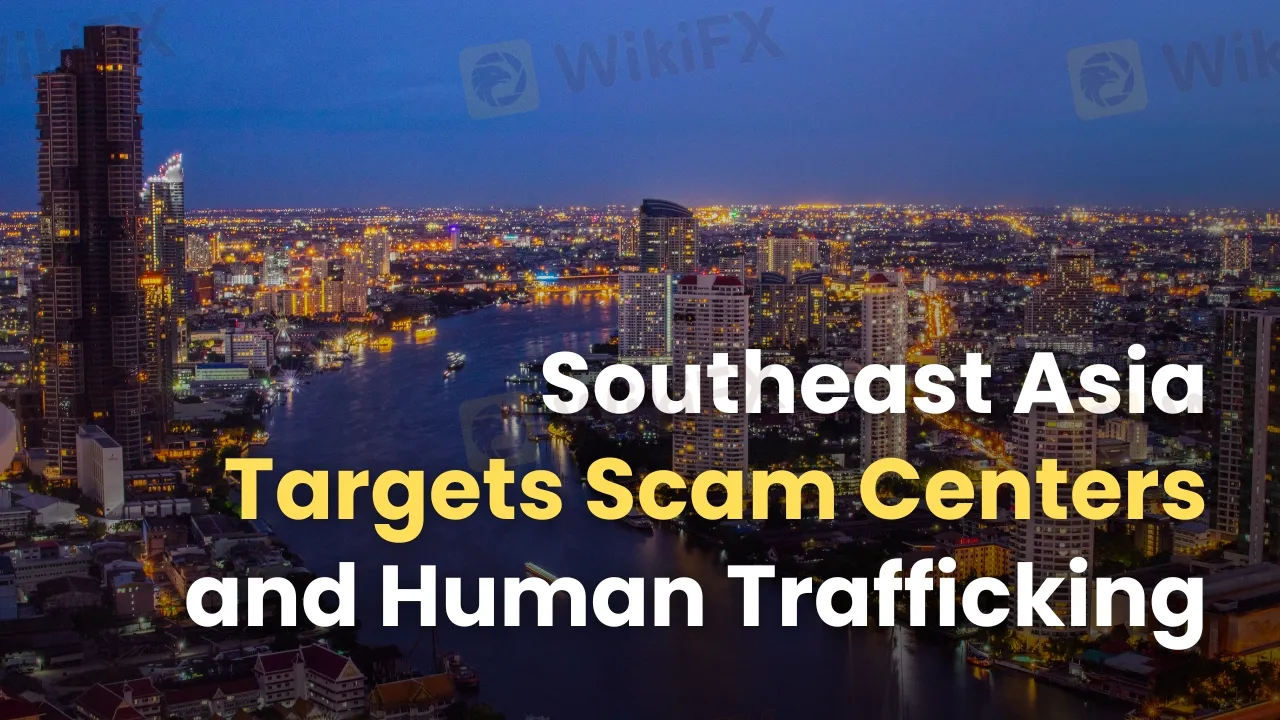简体中文
繁體中文
English
Pусский
日本語
ภาษาไทย
Tiếng Việt
Bahasa Indonesia
Español
हिन्दी
Filippiiniläinen
Français
Deutsch
Português
Türkçe
한국어
العربية
Southeast Asia Cracks Down on Scam Centers: Human Trafficking and Fraud Exposed
요약:Southeast Asian nations disrupt scam centers tied to human trafficking and fraud. Learn how Indonesia, the Philippines, Singapore, and Thailand are tackling this global criminal enterprise.

Governments across Southeast Asia are stepping up efforts to dismantle international scam centers that have cost victims billions and fueled widespread human rights violations.
Authorities in Indonesia, the Philippines, Singapore, and Thailand are leading the charge against these criminal networks, launching raids, arresting suspects, and rescuing forced laborers. Many of the scam operations are reportedly concentrated in Myanmar‘s Myawaddy region, an area heavily influenced by militias aligned with the country’s military junta, which overthrew the elected government in 2021.
“These scam centers are deeply rooted in Chinese transnational criminal organizations,” said Julia Dickson, a research associate at the Center for Strategic and International Studies (CSIS) in Washington, D.C. “They often depend on trafficked labor — victims who are imprisoned in fortified compounds and forced to conduct illicit online activities such as impersonation scams, data harvesting, or laundering money.”
The financial damage caused by these schemes is staggering. In the United States alone, scam victims reportedly lose up to $50 billion annually, with cryptocurrency investment frauds topping the list, according to The Economist.

Myanmar's border areas, particularly Myawaddy, have become hotspots for scam-related crime. The region has also become a hub for human trafficking, illegal drug trade, and unregulated casinos. “These operations contribute to social instability, leading to addiction, unemployment, and the worsening of Myanmar‘s humanitarian crisis,” said Dr. Stefanie Kam of Singapore’s Nanyang Technological University.
In February 2025, Thailand made a bold move by cutting off fuel and electricity supplies to Myawaddy in an attempt to cripple the scam compounds. That same month, Thai military forces rescued more than 260 individuals trapped in forced labor scams. Those rescued came from a wide range of countries including Brazil, China, Japan, Pakistan, the Philippines, and more.
Singapore has also taken a tech-forward approach. In March 2025, the city-states Anti-Scam Centre, working in collaboration with four major banks, prevented an estimated $58 million in potential losses through rapid-response systems that flag suspicious transactions and warn vulnerable customers.
Cross-border collaboration has also proven effective. In a joint operation in September 2024, Indonesian and Philippine authorities captured a Chinese national posing as a former local mayor in Bamban, Tarlac province. The suspect had fled after a crackdown on offshore gaming operations, which authorities discovered were being used as a front for large-scale scam activities. The compound he ran was so large, investigators said, that it dwarfed the actual town.
Philippine President Ferdinand Marcos Jr. has taken a firm stance on these illegal enterprises. In July 2024, he ordered the shutdown of offshore gaming centers, stating they had strayed far from legitimate operations and had become breeding grounds for severe crimes, including “financial scamming, money laundering, prostitution, human trafficking, kidnapping, brutal torture — even murder.”
As the region continues to battle these sophisticated networks, coordinated action and sustained vigilance remain crucial. Southeast Asian leaders appear resolute in their mission: to dismantle scam centers, safeguard human rights, and restore peace and order.

면책 성명:
본 기사의 견해는 저자의 개인적 견해일 뿐이며 본 플랫폼은 투자 권고를 하지 않습니다. 본 플랫폼은 기사 내 정보의 정확성, 완전성, 적시성을 보장하지 않으며, 개인의 기사 내 정보에 의한 손실에 대해 책임을 지지 않습니다.
WikiFX 브로커
환율 계산기


